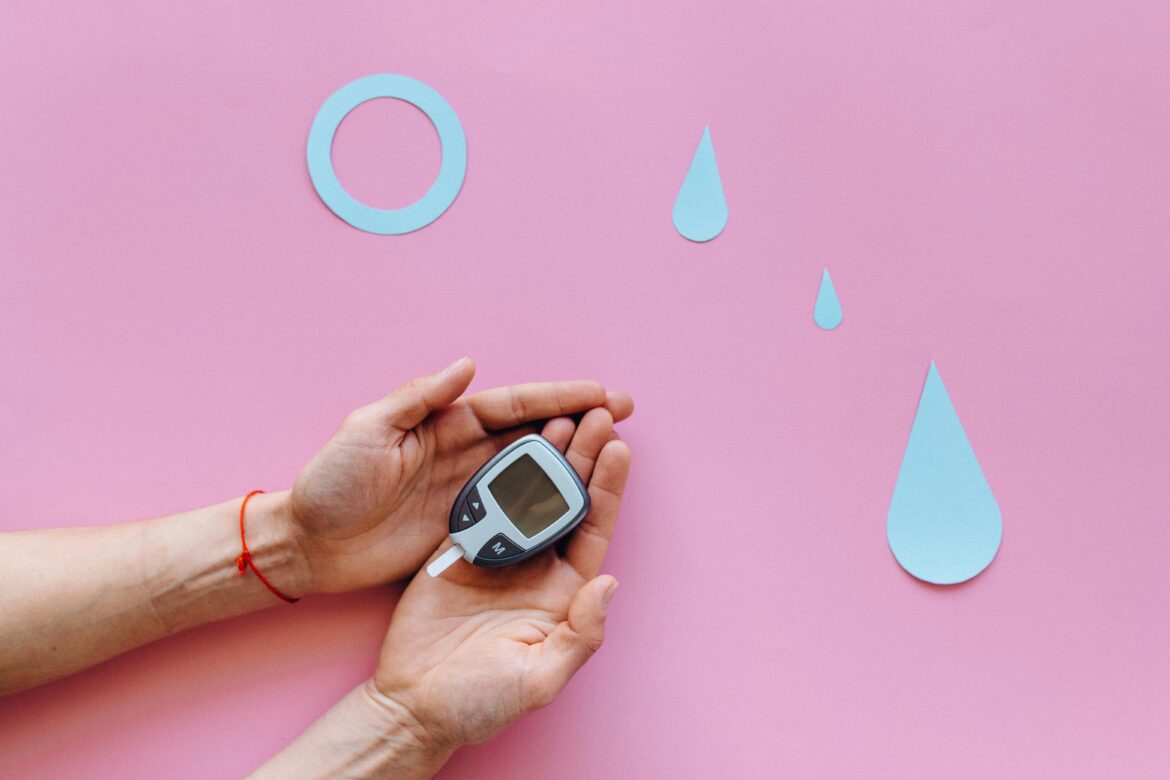While nighttime is often a quiet, restful period, for some, it’s a crucial time when their body sends signals about their health. If you’re experiencing specific symptoms during the night, it’s more than just a minor inconvenience—it could be a sign of diabetes. Recognizing these signs early empowers you to take control of your health, making a significant difference in managing your well-being and preventing long-term damage, particularly to vital organs like the kidneys.
One of the most telling signs is frequent nighttime urination, also known as nocturia. When you have high blood sugar, your kidneys work overtime to filter out the excess sugar from your blood. This process not only removes sugar but also draws water along with it, leading to frequent trips to the bathroom and dehydration. This constant cycle can exhaust you during the day, as interrupted sleep affects your overall well-being, emphasizing the urgency of addressing this symptom.
Hand in hand with this is excessive thirst. The more your body tries to flush out sugar, the more dehydrated you become, creating a relentless loop of drinking and urinating. But it’s not just water that you lose; essential minerals like potassium, magnesium, and calcium are also depleted, leaving an imbalance that can affect your muscle function and overall health.
Regarding muscles, restless leg syndrome is another common nighttime issue linked to diabetes. This condition, often caused by deficiencies in B1 and magnesium, can leave your legs feeling jittery and restless, disrupting your sleep. A lack of these nutrients can lead to lactic acid buildup in your muscles, making them feel tired and uncomfortable. Addressing this with the proper supplementation can provide relief, but reducing sugar intake is crucial to prevent recurring problems.
Peripheral neuropathy is another symptom that tends to worsen at night. This condition, characterized by burning, numbness, or pain in the feet, occurs because high blood sugar levels damage the nerves, particularly in the lower extremities. When you lie down, blood pools in your legs, increasing pressure on these already compromised nerves and making the discomfort more pronounced.
Cramps in the lower legs or feet can also be a nighttime disturbance. This issue stems from a magnesium deficiency exacerbated by high blood sugar levels. Without enough magnesium, calcium accumulates in the muscles, causing them to contract rather than relax. Choosing the correct form of magnesium, like magnesium glycinate, can help alleviate these cramps and improve your sleep quality.
Excessive sweating at night, particularly on the face, neck, or upper body, is another sign that your blood sugar levels might be off balance. This can occur when your body enters a state of sympathetic dominance, a stress response triggered by blood sugar fluctuations. This condition can leave you drenched in sweat and struggling to get a good night’s rest, whether due to high or low blood sugar.
Sleep apnea, a common condition among people with diabetes, can also disrupt sleep. This occurs when the airway is obstructed during sleep, leading to periods where breathing stops. The root cause often ties back to insulin resistance, a hallmark of diabetes, where the body becomes less responsive to insulin, leading to weight gain and further complicating the condition.
Low blood sugar, or hypoglycemia, can also wake you up in the middle of the night. As your insulin levels work to reduce blood sugar, adrenaline is released, causing a stress response that jolts you awake. This often happens in the early morning hours, when you’re supposed to get your most profound rest.
Finally, vivid dreams, nightmares, headaches, and even teeth grinding can all be signs of underlying blood sugar issues. These symptoms often stem from deficiencies in essential nutrients like B1 and magnesium or dehydration. Addressing these deficiencies through diet and supplementation can help alleviate these nighttime disturbances and improve sleep quality.
Understanding these nighttime symptoms is the first step toward better managing your health. If you recognize any of these signs, it’s essential to consult with a healthcare professional. Their guidance and support, along with dietary and lifestyle changes, such as adopting a low-carb diet, can help regulate your blood sugar levels and reduce these nighttime disturbances, providing you with reassurance and support in your health journey.

